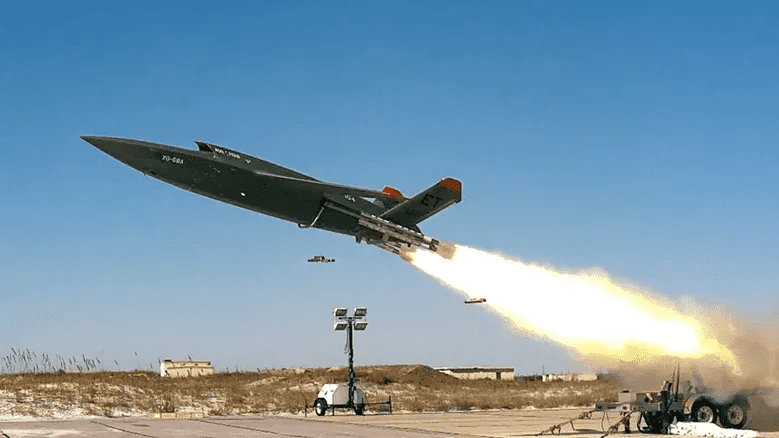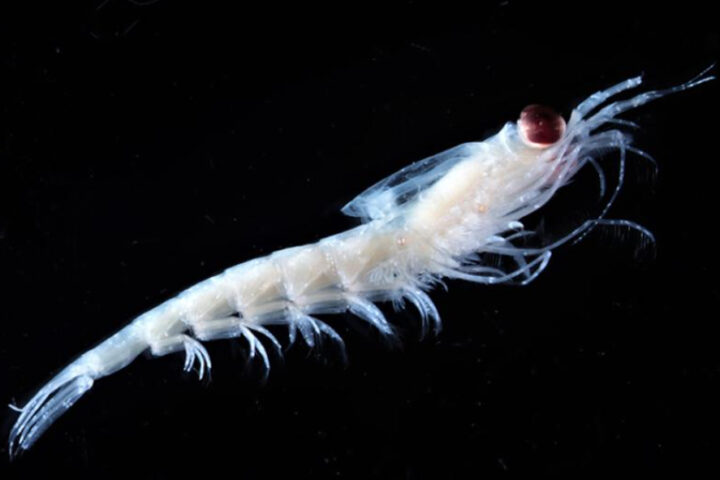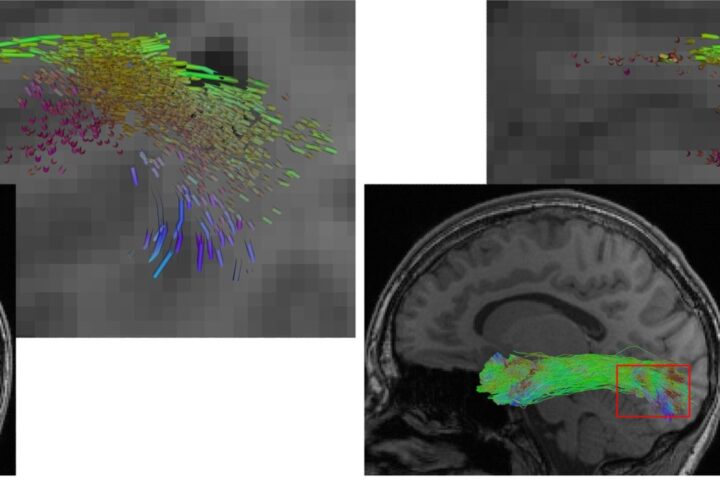The U.S. Air Force Research Laboratory (AFRL) announced the successful test flight of an XQ-58A Valkyrie, an unmanned jet powered by advanced artificial intelligence and machine learning algorithms.
This milestone in autonomous aviation was achieved following a three-hour flight directed entirely by AI and machine-learning systems, signaling a significant leap towards the use of AI-managed aircraft in military operations.
The flight demonstrated the AI’s capacity to process mission-critical information autonomously, paving the way for increased use of such technologies in future Air Force operations. Col. Tucker Hamilton, the Air Force’s AI test and operations chief, noted that the mission showcased a multi-layer safety framework on an AI-controlled uncrewed aircraft.
The test confirmed the potential of AI and machine learning agents to execute modern air-to-air and air-to-surface operations, with the techniques being immediately transferrable to other autonomy programs. The success of this mission is seen as a crucial step toward the Air Force’s goal of building a collaborative combat aircraft (CCA) system.
This innovative system aims to develop autonomous, AI-driven aircraft that can fly alongside and assist human pilots in making faster combat decisions. Air Force Secretary Frank Kendall expressed ambitious plans to employ at least 1,000 CCAs once they are fully operational.
Kendall believes that CCAs will not only enhance the performance of crewed aircraft, but also significantly reduce the risks faced by human pilots. However, the precise role of AI-managed aircraft alongside human pilots in a mission remains uncertain as the CCA program continues to develop.
The goal is for the AI systems to handle more routine tasks and process data during missions, thus freeing up pilots to focus on more critical aspects. A spokesperson used the example of the automated ground collision avoidance system as an existing autonomous system in U.S. fighter jets, illustrating the potential for further AI integration.
Similar Post
Brig. Gen. Scott Cain, AFRL commander, emphasized that AI is set to be a critical element in future warfare, driving decision-making processes at unprecedented speed. For the 2024 budget proposal, the Air Force plans to allocate $490 million to the CCA program to maintain effective deterrence and control in the skies.
By accelerating the development of CCAs, the Air Force hopes to augment current and future platforms with lower-cost complementary systems that enhance lethality in highly contested environments. The AI algorithms used in the Valkyrie drone were trained over millions of hours in simulated environments before their successful implementation in the real-world test.
The AI/ML agent successfully solved a tactically relevant “challenge problem” during airborne operations, thus proving the operational readiness of the AI algorithms. Despite the increased autonomy, the Air Force reassures that human operators will remain involved in the operation of autonomous drones for the foreseeable future.
The successful test marks a significant progress in the partnership between the Skyborg Vanguard, Autonomous Aircraft Experimentation (AAx), and the XQ-58A programs. These programs concentrate on developing and testing hardware and software for autonomous drone operations.
The XQ-58A test builds upon earlier experiments where the Air Force employed an AI-driven computer brain to operate drones like the UTAP-22 Mako and General Atomics Avenger. The AI development and validation process involves a phased approach, including numerous flights and ground tests, to build trust in the technology before integrating it into operational platforms.
The successful implementation of AI in the XQ-58A Valkyrie illustrates a promising future for the CCA program, which aims to develop combat drones capable of operating alongside human-piloted F-22 and F-35 aircraft. This progress in AI and autonomous operations contributes to a broader effort by the U.S. military to integrate advanced AI capabilities in their aviation systems.
The XQ-58A “Valkyrie” is part of the USAF Research Laboratory’s Low-Cost Attritable Aircraft Technology (LCAAT) project portfolio and the LCASD program, designed to be a low-cost, high-efficiency solution for the U.S. Air Force. The Valkyrie’s successful test flight reflects two years of extensive research and development carried out by a partnership between Skyborg Vanguard and the Air Force Life Cycle Management Center.
With its commitment to the responsible use of AI, the Department of Defense advocates for close collaboration between AI developers, users, and acquisition specialists to ensure ethical and effective applications of these technologies in defense operations.


















